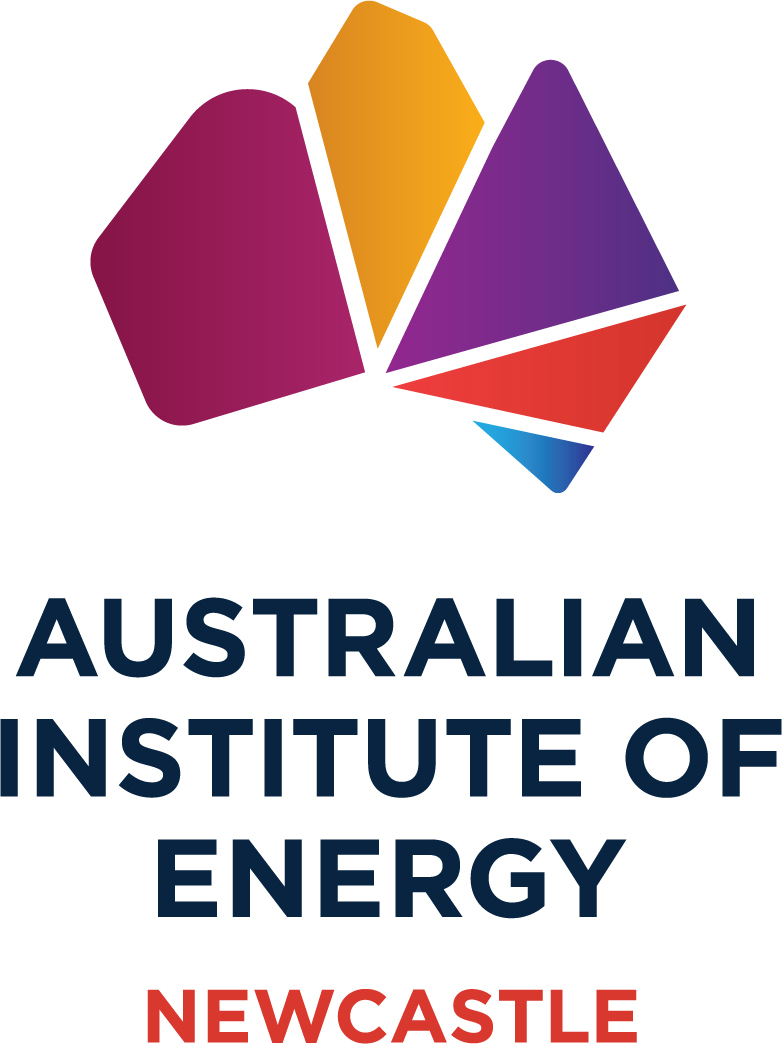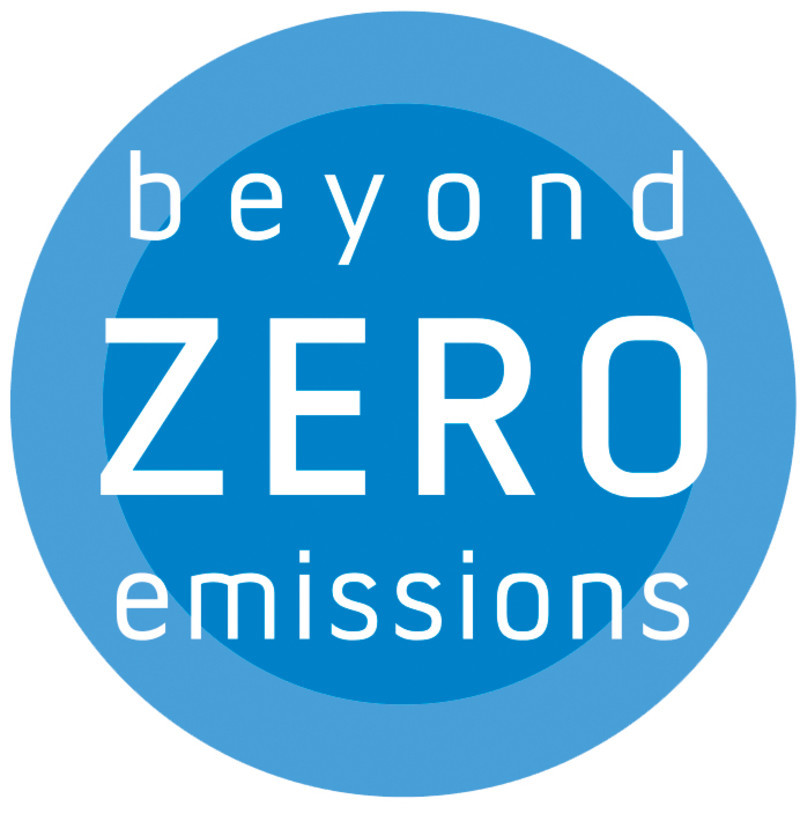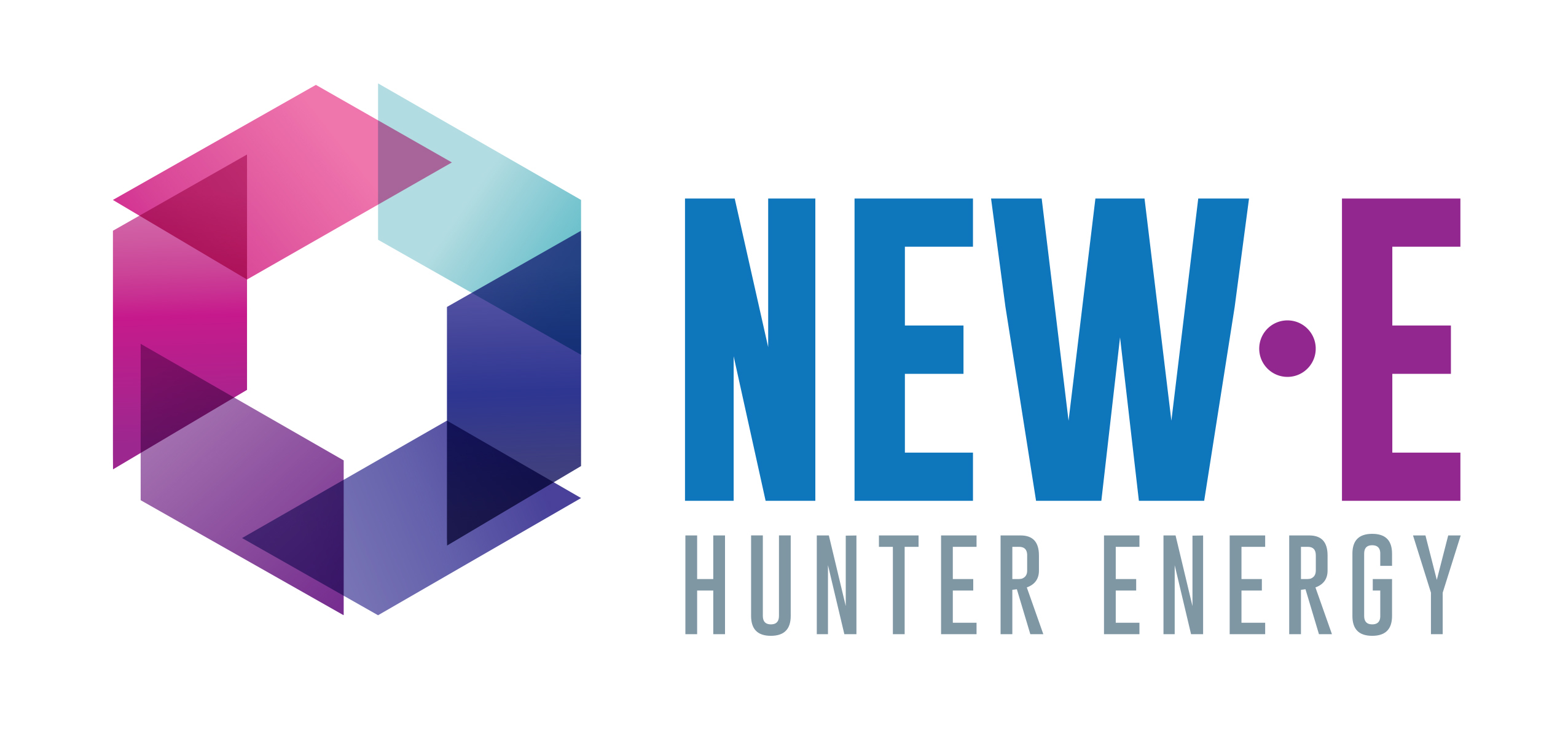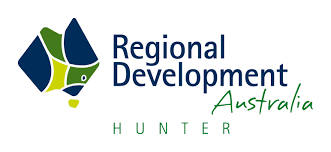Energy Charter review finds energy industry responds well to natural disaster, but COVID presents new challenges
Australia’s energy suppliers must lift their game to be ready for a post-pandemic debt trend and to make energy transition work for energy consumers, according to the annual independent assessment of the voluntary sector-led Energy Charter.

The Energy Charter Independent Accountability Panel published its second annual assessment of the progress and performance of the 19 Signatories to the Energy Charter and the broader energy sector yesterday.
Chair of the Panel, Clare Petre, said energy suppliers had done well to deal with some significant challenges in the last 12 months including natural disasters and COVID-19, but failing to meet the looming challenges would come at great cost to all energy consumers especially people in vulnerable circumstances.
Ms Petre said 2019-20 was tough for households and businesses, including the companies that generate, deliver and sell the electricity and gas that is so integral to our lives.
“The Panel considers that the way affected Energy Charter Signatories supported their customers through the catastrophic bushfires and other natural disasters was a credit to the commitment of those companies and their people. From our observations and stakeholder feedback, the response to the COVID-19 pandemic has been more mixed”, Ms Petre said.
Ms Petre said that it was evident to the Independent Panel that Energy Charter Signatories are taking a serious approach to asking themselves how well they are delivering better outcomes for customers.
Ms Petre said meaningful, unavoidable obligations are attached to being in the business of delivering a life-sustaining product that people must have.
The independent panel’s 2019-20 report makes 15 recommendations to Energy Charter Signatories, with a strong focus on proactive identification of and assistance to customers in vulnerable circumstances.
It also called for a shared understanding of customer vulnerability – including financial, physical, cultural, digital disadvantage – so that no customers are left behind or denied support.
“Companies should actively identify and reach out to customers in vulnerable circumstances rather than continue to rely on consumer self-advocacy, which often means that support is not made available until debt has already accrued.”
The independent panel also called for a whole of sector focus on making energy transition work for consumers.
Selected recommendations to Energy Charter Signatories:
- Find ways to utilise payment and usage data to proactively identify and assist customers in vulnerable circumstances, so that the industry and policy-makers are taking all steps within their power to support customers in financial difficulty and to reduce payment difficulties in 2021.
- Audit all customers on payment or hardship plans, and immediately and retrospectively switch them to the cheapest plan available and adjust the debt accordingly.
- Work with governments to establish a practically failsafe system to ensure each and every customer who is entitled to a concession receives it.
- Adopt and each publicly articulate a clear, collective approach that builds on recent energy industry acknowledgements of the inevitability of change, effectively communicates how the “north star” of net zero emissions feeds into better consumer outcomes, and drives a whole of sector focus on making energy transition work for consumers.














